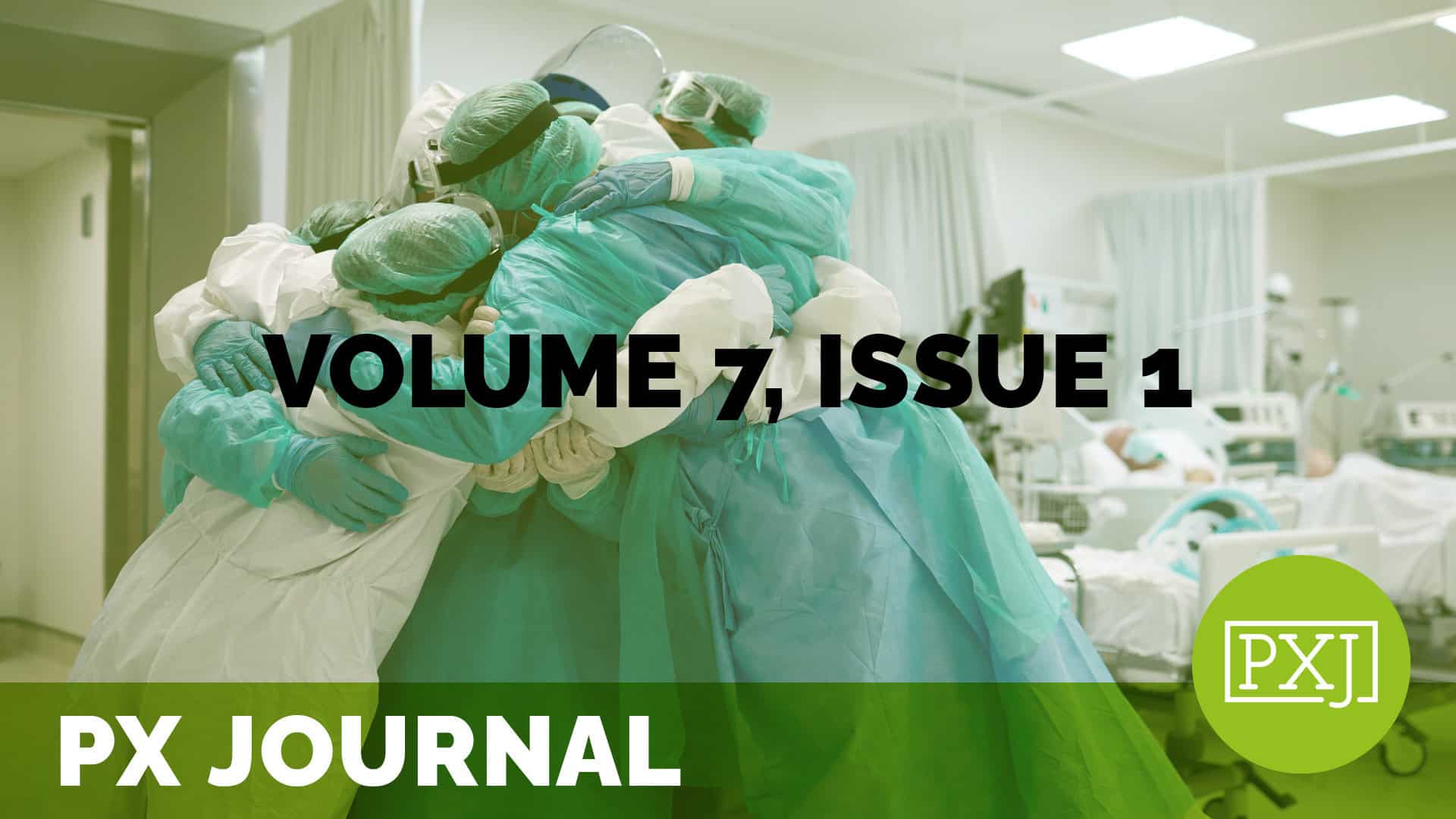Using shared mental models to conceptualize patients as professionals, decision-makers, collaborators, and members of interprofessional healthcare teams

Related content
-
 Patient Family & Community Engagement
Patient Family & Community EngagementMy Life, My Story and Life Recovery among Veterans with Substance Use Problems
The United States Veterans Health Administration My Life, My Story (MLMS) program is a patient-centered care intervention where veterans are interviewed about their life story and may grant permission to include it in their electronic health record (EHR). Our purpose was to focus on a sample of MLMS narratives from veterans with self-disclosed substance use
Learn more -
 Patient Family & Community Engagement
Patient Family & Community EngagementElevating Pediatric PX: Culture, Champions & the Power of Parent Advisors Episode Summary
This episode explores the evolution of a pediatric Patient Experience. Dive into core values, shared ownership, and practical strategies for building trust, driving change, and creating meaningful experiences for children, families, and staff.
Learn more -
 Patient Family & Community Engagement | Quality & Clinical Excellence
Patient Family & Community Engagement | Quality & Clinical ExcellenceWhat Healthcare Providers Need to Know About Newcomer Health Equity
Newcomers are a vital yet often misunderstood segment of the population that healthcare providers serve. This webinar explores the landscape of newcomer health equity in Canada and the United States, offering valuable insights into the challenges faced by this vulnerable group. Attendees will gain a deeper understanding of the various categories of newcomers in each
Learn more
